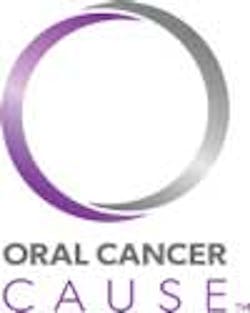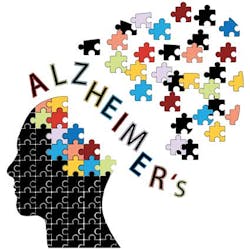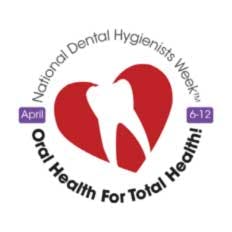April brings opportunity to commemorate several oral health causes
On the subject of Alzheimer’s disease, in an original study, researchers have developed a blood test that can forecast if a healthy person will develop this type of dementia.(2)
The test is reported to be very accurate, but is not yet available to the general public. The researchers found that 28 seniors had low levels of 10 particular lipids, compared with healthy seniors. They also examined the blood of 54 other patients who had Alzheimer's or mild cognitive impairment, and found they also had low levels of the identified lipids. There are currently no cures or disease-modifying therapies for this disease, perhaps because we cannot identify the disease before it has progressed to memory loss and functional decline. Biomarkers of preclinical disease are extremely important in order to develop and implement disease-modifying or even preventative therapies before disease progression.(3)
Our Canadian colleagues will celebrate: Embrace Your Oral Health April 6‒12: National Dental Hygienists Week. The week’s theme is “Oral Health for Total Health,” and it reminds us that taking care of our mouth, teeth, and gums positively impacts our overall health and well-being. It stresses that dental hygienists are valuable partners in prevention.(5)
The researchers analyzed nationally representative data on nearly 22,000 U.S. secondary school students (eighth, tenth, and twelfth graders). The teens were participants in the University of Michigan's "Monitoring the Future" study, funded by the National Institute on Drug Abuse.(7) It is an ongoing study of the behaviors, attitudes, and values of American secondary school students, college students, and young adults.
Enjoy Spring!!! Happy Passover!
References
1. Gayar OH, Ruterbusch JJ, Elshaikh M, Cote M, Ghanem T, Hall F, and Siddiqui F. Oropharyngeal Carcinoma in Young Adults An Alarming National Trend. International Journal of Radiation Oncology * Biology * Physics. Volume 87, Issue 2, Supplement, Page S436, 1 October 2013.
2. Research presented at the recent Multidisciplinary Head and Neck Cancer Symposium in Scottsdale, AZ. International Journal of Radiation Oncology, February 1, 2014, Vol. 88:2, pp. 470-471.
3. Mapstone M, Cheema AK, Fiandaca MS, et al. Plasma phospholipids identify antecedent memory impairment in older adults. Nat Med, 2014/03/09/, online advance online publication. Nature Publishing Group, a division of Macmillan Publishers Limited. http://dx.doi.org/10.1038/nm.3466.
4. www.AutismSpeaks.org/LIUB.
5. www.cdha.ca/NDHW.
6. Terry-McElrath YM, O'Malley PM, and Johnston LD. Energy Drinks, Soft Drinks, and Substance Use Among United States Secondary School Students. J Addict Med, Volume 8, Number 1, pp. 6-13, January/February 2014.
7. http://www.monitoringthefuture.org/.
Sincerely,
Maria Perno Goldie, RDH, MS
To read previous RDH eVillage FOCUS introductions by Maria Perno Goldie, go to introductions.
To read more about autism and dental hygiene, click here.







